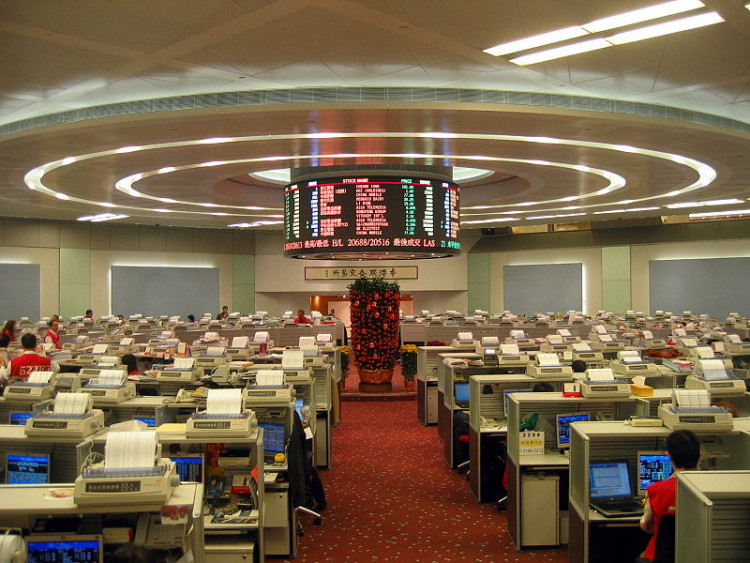Chinese investors looking for a way out of a volatile stock market are looking to diversify their investments in Hong Kong, but not so much the other way around. According to a recent survey by the non-profit industry organization Hong Kong Investment Funds Association, those who have money in the Chinese stock market have been suffering for the second straight year being in what could be the worst performing environment in the world. For many of them, the best and practical next step would be to head over to Hong Kong.
The trade war with the United States has increased tension within Chinese markets, leaving funds trapped in the country mostly because of very strict capital controls, writes D Minute. HKIFA's survey found that 54 percent of the 1,026 respondents interviewed online had expressed interest in using stock connects to trade in Hong Kong shares over the next 12 months. In contrast, Hong Kong investors had not really been interested in trading outside of their comfort zones, with only 19 percent expressing such interest and of which a mere 8 percent headed to mainland China.
The survey covered respondents residing in the Greater Bay Area, which include 411 from Hong Kong, 208 from Zhuhai, 207 from Shenzhen and 200 from Guangzhou. The participants were aged between 18 and 55 years old and had CNY300,000 (US$43,686.5) in liquid assets. The Greater Bay Area is the Chinese government's project of integrating Hong Kong with 10 other Chinese cities to create a business and economic hub.
The South China Morning Post also notes that respondents based in the Guangdong province sent 33 percent of their assets offshore, of which 12 percent landed in Hong Kong. Cross-border investment channels' take-up rates were also higher among this demographic, with a huge chunk of stock connects happening from Hong Kong and Shenzhen and Hong Kong and Shanghai.
The HKIFA said that despite the slowdown in the past two years, capital outflows from China somewhat increased towards the end of 2018. Investors can hope for better days ahead as trade talks continue and plans for investment reform surface in 2019.





